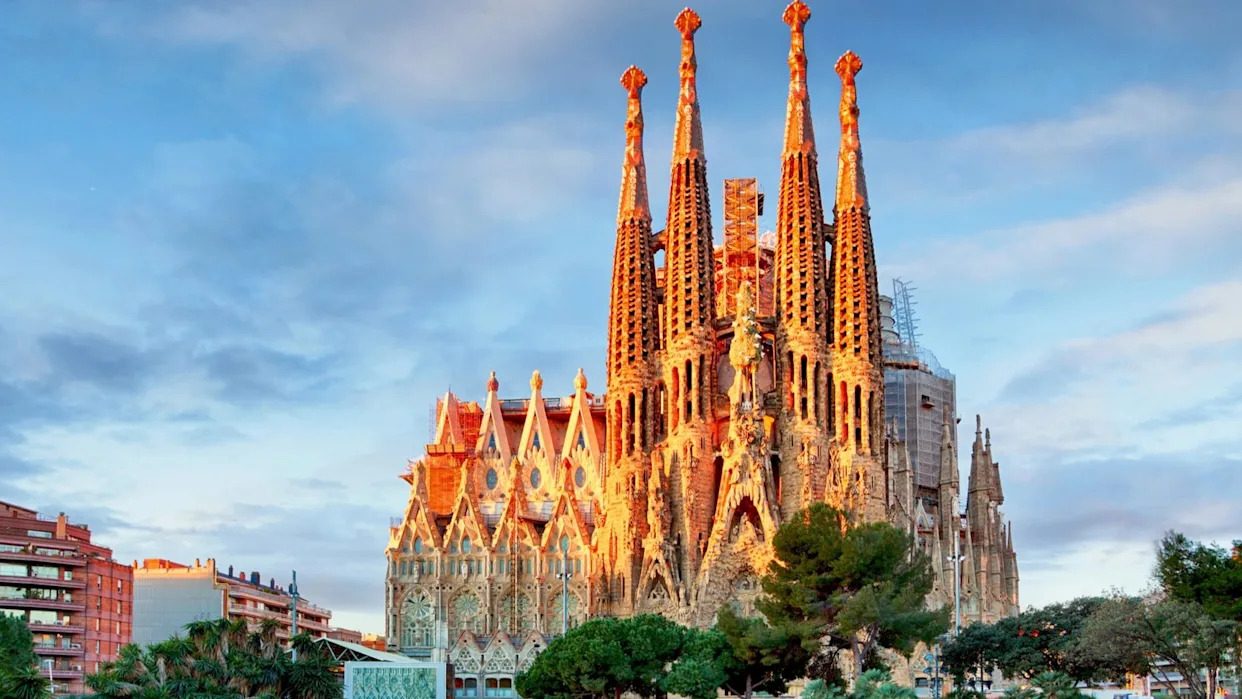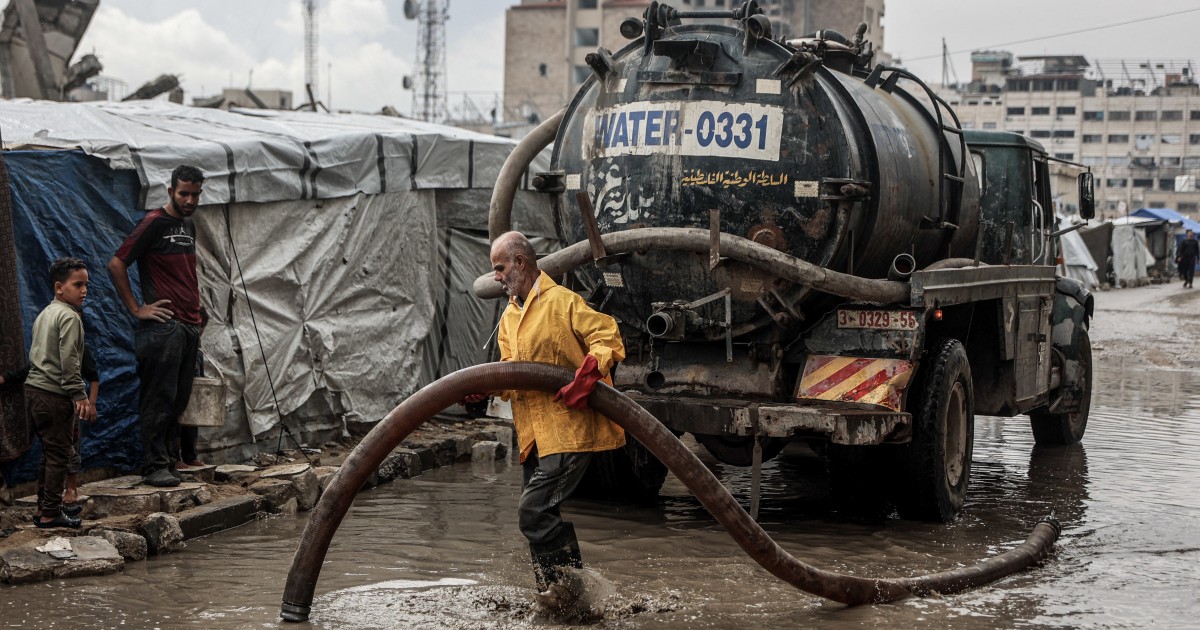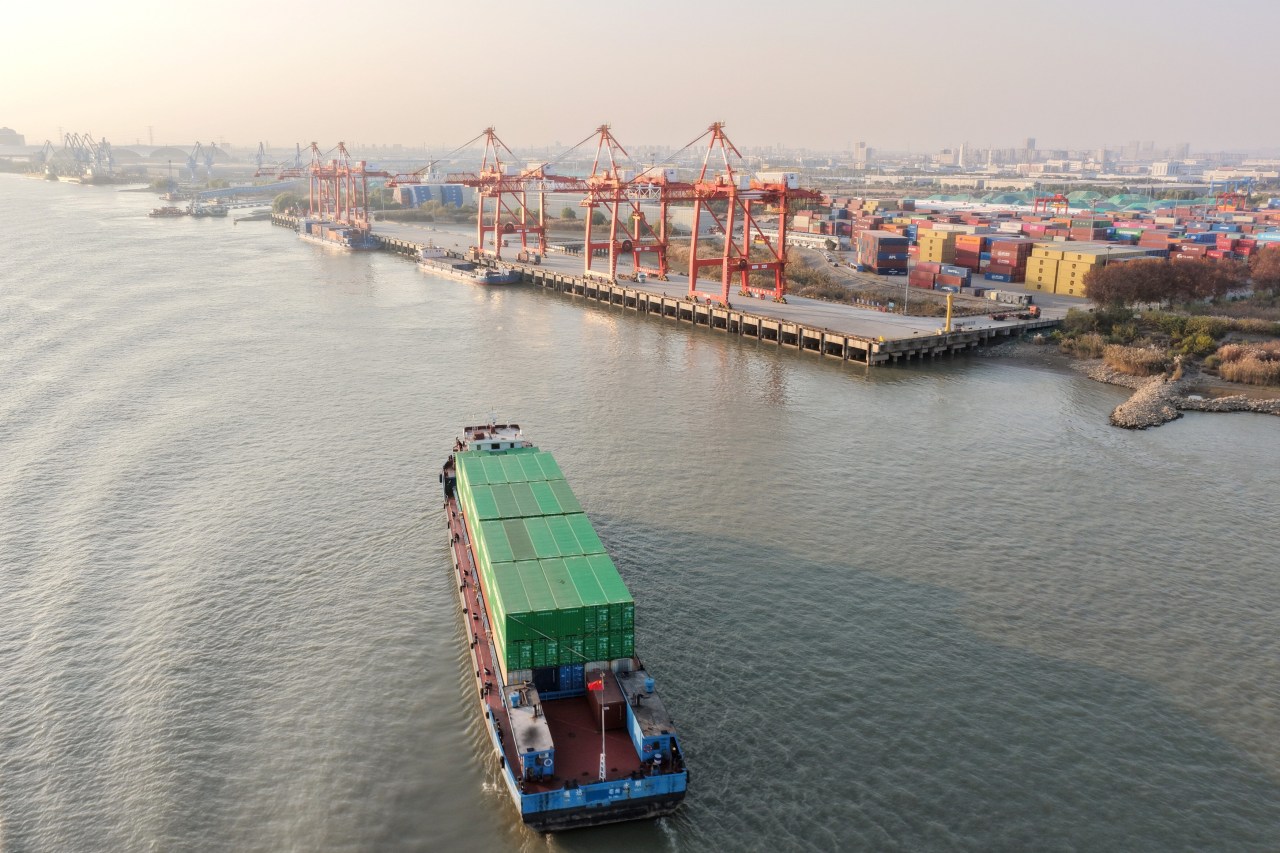Recent protests and rising anti-tourism sentiment across several countries highlight growing tensions between local residents and visitors. As destinations grapple with the effects of overtourism, many are implementing measures that reflect a shift in attitudes toward foreign travelers.
Spain’s Anti-Tourism Protests
In July 2024, thousands took to the streets in Barcelona, Spain, voicing their discontent with tourism’s impact on local life. Demonstrators marched along La Rambla with signs declaring, “Tourism kills the city” and “Tourists go home, you are not welcome.” Some protestors even used water pistols to spray tourists dining at local restaurants, forcing them to leave their tables.
Spain welcomed approximately 42.5 million tourists in the first six months of 2024, reflecting increases of 11.5% from 2019 and 13.3% from 2023. The influx has overwhelmed infrastructure, leading to rising housing costs and increased dissatisfaction among residents. Similar protests erupted across the country, including in Cadiz and Lanzarote.
Amsterdam’s Deterrent Campaign
The city of Amsterdam has taken a direct approach to address its own anti-tourism sentiment. The local government launched a “Stay Away” campaign aimed at discouraging British tourists from visiting for stag parties or party weekends. Videos associated with the campaign depict young men being arrested for unruly behavior. Despite the campaign’s intentions, it has not significantly deterred British visitors, prompting the city to intensify its messaging through an online survey called Amsterdam Rules in March 2024.
Japan, facing its own challenges, experienced a record high of approximately 36.87 million international visitors in 2024, a 47.1% increase from the previous year. The Japan National Tourism Organization (JNTO) reported significant contributions from South Korea, China, Taiwan, and Hong Kong, which collectively accounted for 1.99 million visitors in October 2024 alone. In response to overtourism, Kyoto’s newly elected mayor, Koji Muramasa, has implemented restrictions, including a ban on tourist access to private alleys in Gion, emphasizing the need to preserve local culture.
Venice’s Tourist Fees and Restrictions
Venice is also taking measures to combat overtourism. In April 2024, the city introduced a €5 fee for day-trippers. Protesters marched through the city’s narrow streets waving banners reading “Welcome to Veniceland” and “No to the ticket.” Venice, having banned cruise ships from docking in the city center in 2021 due to ongoing protests, has become emblematic of the challenges faced by popular tourist destinations.
Political unrest in Turkey poses additional challenges for travelers. Protests have erupted across the country, with Istanbul becoming a focal point for demonstrations. Travel restrictions have been implemented in response to ongoing unrest, leading to concerns about safety. A 2024 UNHCR survey indicated that 77% of Turkish respondents favored closing the border to refugees, reflecting the heightened tensions within the country.
In Croatia, specifically in the historic city of Split, local authorities have begun issuing fines for antisocial tourist behavior. Signs now warn of €300 fines for public urination, climbing on monuments, and other disruptive actions. While these measures are not as severe as those in other destinations, they signal increasing frustration among locals regarding disrespectful behaviors.
Complex Challenges for Visitors in Iran and North Korea
Iran’s rich cultural heritage contrasts sharply with its political climate, which often leaves potential visitors wary. Strained relations with Western nations and government policies contribute to the perception of an unwelcoming environment. Despite the warmth of the Iranian people, political tensions create significant challenges for international travelers.
North Korea presents a starkly different travel experience. The tightly controlled environment means tourists face strict regulations regarding where they can go and what they can photograph. Currently, U.S. citizens are banned from traveling there following the incident involving Otto Warmbier, highlighting the severe restrictions imposed on visitors.
Russia also grapples with complex challenges for tourists. While the country boasts rich history and stunning landscapes, stringent visa requirements and ongoing geopolitical tensions deter many international visitors. The current political climate complicates travel and creates uncertainty for those wishing to explore Russia’s cultural treasures.
The global tourism landscape has undergone a fundamental transformation in recent years. The once automatic warm welcomes have given way to rising tensions as destinations balance the economic necessity of tourism with the real concerns of local residents. The experiences of these nine countries illustrate a broader shift in the relationship between tourists and the communities they visit, reflecting a growing desire for sustainable tourism practices.







